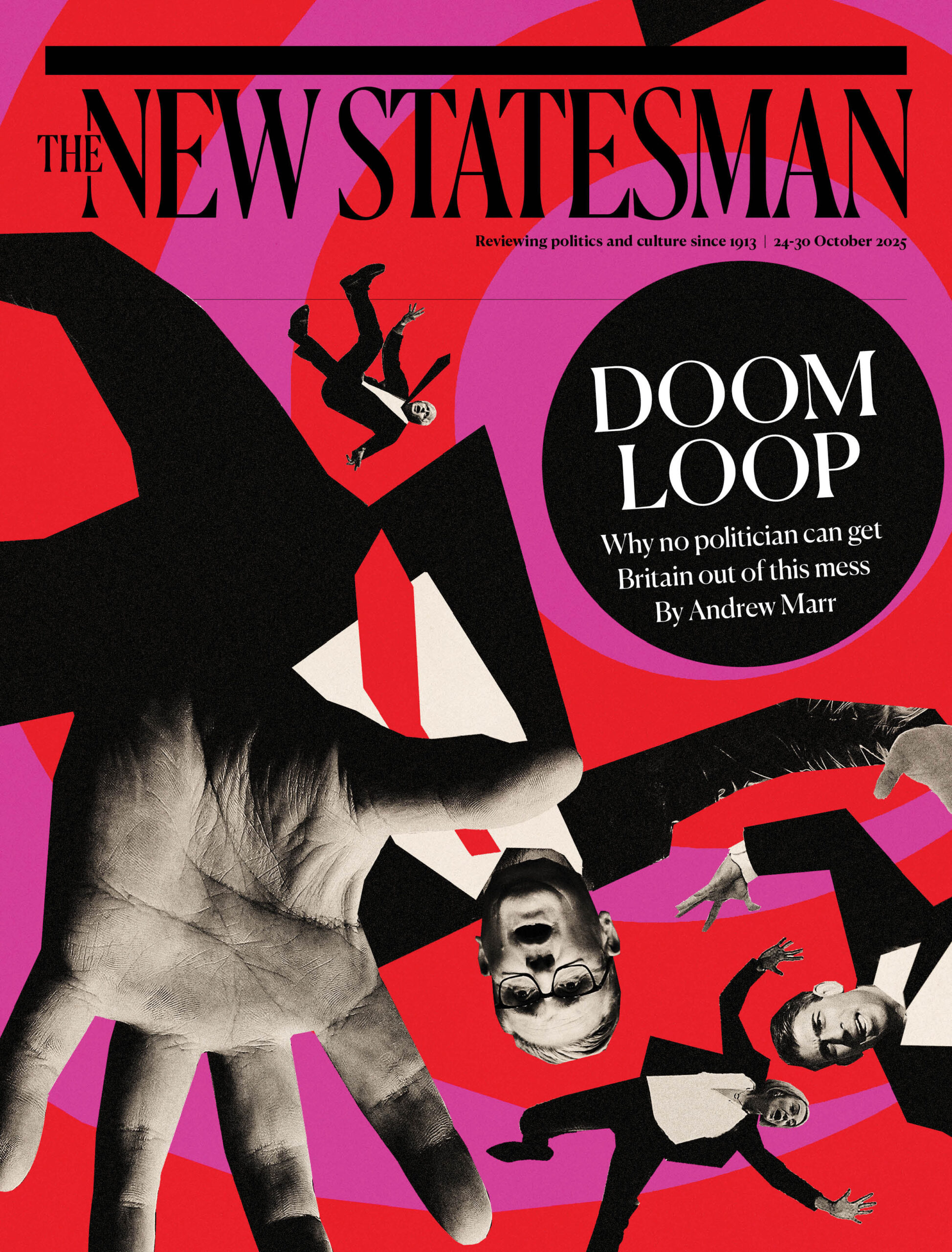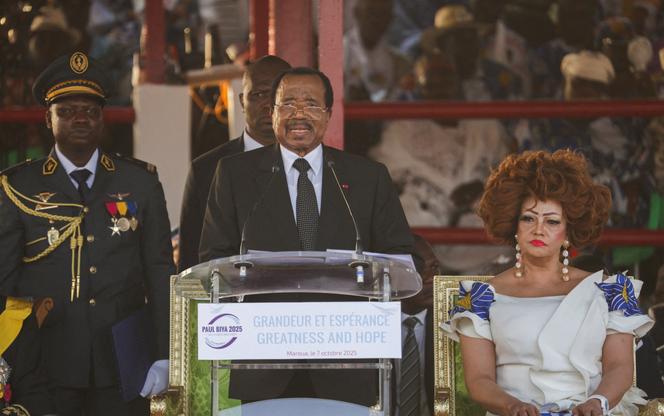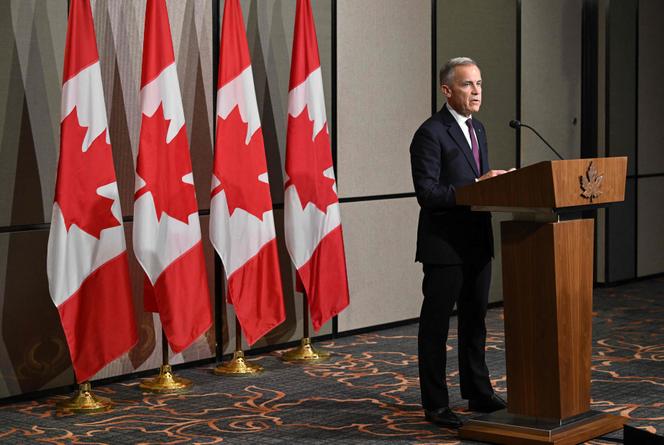
Labour’s new common ground
Sarah Pochin’s comments on race over the weekend were another example of shifting norms in British politics. In the past, an MP who declared that “it drives me mad when I see adverts full of black people, full of Asian people” would almost certainly have had the whip withdrawn. But Pochin, who apologised and said her remarks were “phrased poorly”, remains inside Reform.
A week ago Labour was criticised for its response to Conservative MP Katie Lam’s comment that deporting legal migrants would create a more “culturally coherent” country. But this time there was no delay or equivocation. “Nigel Farage needs to condemn this now, and urgently clarify whether Sarah Pochin’s views on race are welcome in his party,” said Anna Turley, Labour’s combative new chair, on Saturday afternoon, not long after Pochin’s interview.
Then Wes Streeting went further on yesterday’s Laura Kuenssberg show, delivering an impassioned monologue on the subject. “What she [Pochin] said was a disgrace. I think it was racist and the deafening silence from her party leader says it all,” Streeting declared, as he warned of the resurgence of 1970s-style racism.
But this wasn’t a shrill polemic of the kind that can alienate voters. By gesturing towards his poppy and invoking the Muslims, Sikhs and Hindus who fought and died for the UK during the Second World War, Streeting deftly undercut Reform’s claim to be the patriotic party. It was a bravura performance and another reminder that the Health Secretary is one of Labour’s foremost communicators.
Streeting was widely praised by MPs, including those from different party traditions such as the soft-left minister Miatta Fahnbulleh. “We have been crying out for that sort of clarity for some time,” one figure close to new deputy leader Lucy Powell tells me.
In her acceptance speech on Saturday, Powell, who will address the Parliamentary Labour Party tonight, warned that Labour won’t win by “trying to out-Reform Reform” but by “building a broad, progressive consensus”. Streeting has similarly argued that Labour must be the voice of the “progressive majority”.
It’s an alignment that allies of the Health Secretary have noticed. “It’s not modernisers against the soft left: a lot of people are on the same page across the party,” one tells me. “They see the jeopardy of the moment we’re in and they want to fight back. Talking out against racism doesn’t undermine the effort to win Reform-curious voters. They don’t describe themselves as racist and they don’t watch telly and think there are too many black and Asian people.”
As the debate over Labour’s future intensifies – Streeting has invoked the fraught aftermath of the 2021 Hartlepool by-election – this Blairite-soft left alliance is one to watch. Europe is another area where there is common ground. “I’m glad that Brexit is a problem whose name we now dare speak,” said Streeting after the government warned that leaving the EU had weakened the economy.
A month has passed since Keir Starmer’s well-received Labour conference speech, one that has not so far translated into lasting political gains. As progressives on the party’s left and right look for renewed leadership against Reform, the task for Starmer is to prove he can provide it.
This piece first appeared in the Morning Call newsletter; receive it every morning by subscribing on Substack here
[Further reading: Anglofuturism won’t save Britain]



